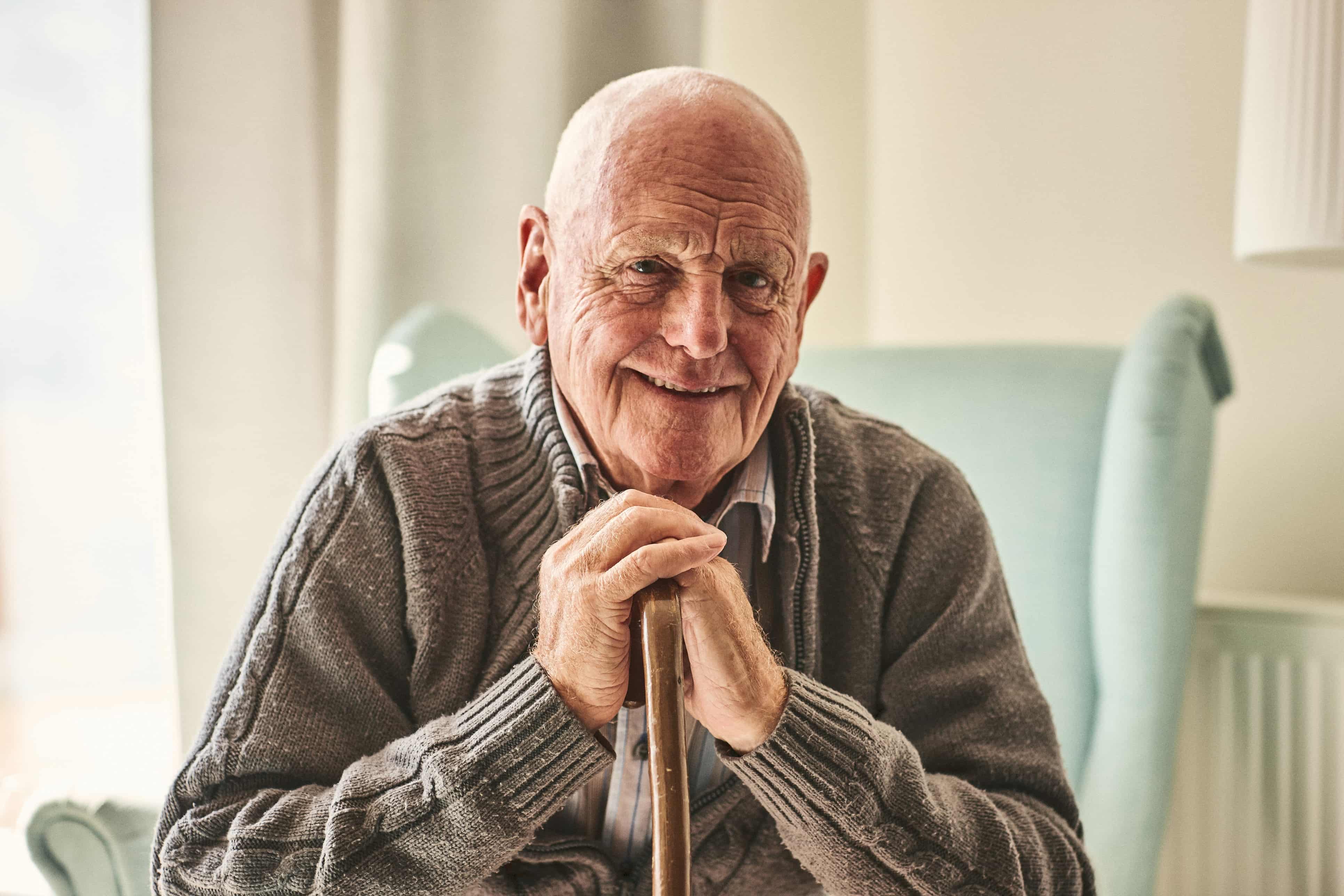Third Generation Family Business
What To Do When Someone Dies / FAQs
It can be difficult to know what to do when someone dies, especially if it was unexpected. We’ve put together this simple guide of FAQs to give you some direction at this upsetting time, and of course, you can always discuss your situation with our caring professionals for further clarity.
- A death in hospital
Generally, when somebody dies in the hospital, the staff will contact the next of kin who may or may not be a relative. The doctor who has treated your loved one may be able to provide the death certificate, or the district coroner may have to issue this.
- A death at home/nursing home
In the case of expected deaths, the doctor who has treated your loved one during their illness should be able to issue the death certificate, which includes a medical certificate that displays the cause of death, and a formal notice that outlines how to register the death. If the death was unexpected, a coroner should be informed.
- How and when to contact a funeral director?
Here at Church View Funeral Services, we can be involved as soon as you wish. We can support families even prior to registering a death, helping you to navigate this process with care and professionalism.
- How to register a death
All deaths must be registered within 5 days of a death, and in the district that the death took place in. To register a death, you must have:
- The death certificate
- Date and place of the death
- Name, surname, and maiden surname of deceased
- DOB and occupation (also the name and occupation of husband if deceased was a woman)
- Address
- Any medical cards, birth certificates and marriage certificates, if available
Please enquire with your local registrar for a full list of required information and documentation.
- Who can register a death?
In most cases, a death is registered by a relative of the deceased, but exceptions can be made in certain circumstances. For further details, enquire with us, the doctor or the registrar.
- What certificates will be issued?
The following certificates should be issued: death certificate, certificate for burial or cremation (which should be passed to us), and certificate for applicable social security benefits.
- Which deaths need to be reported to the coroner?
In some cases, a death will need to be reported to a coroner before a funeral can go ahead. Usually this is in cases where the cause of death is unknown, unnatural, or if the deceased cannot be issued with a medical certificate or cause of death certificate for any reason. The coroner will decide whether any further investigation is required before the death can be registered.
- What will you need to think about?
The next step is to make funeral arrangements, and this is where our funeral directors can support you to create a funeral that pays tribute to your loved one’s memory. You’ll need to opt for burial or cremation, and also decide other key details such as whether the service will be religious or not, who you would like to officiate, and whether you have any preference for the date and time. We can guide you every step of the way, and we aim to make the process as painless as we can.
- Cremation
You will need to select a crematorium for the cremation, and we can help with making this choice, along with helping arrange any personal touches to the service.
- Burial
If you have a family grave in mind, we’ll need some details such as the grave number. If you’re looking to purchase a plot, we can arrange this for you.
- Floral tributes, donations, obituaries
Most mourners will pay their respect to the deceased through floral tributes and charitable donations, and we can help make your choice using our selection books. We can also arrange for announcements to be placed in the local newspaper, offering advice on wording if you require.







